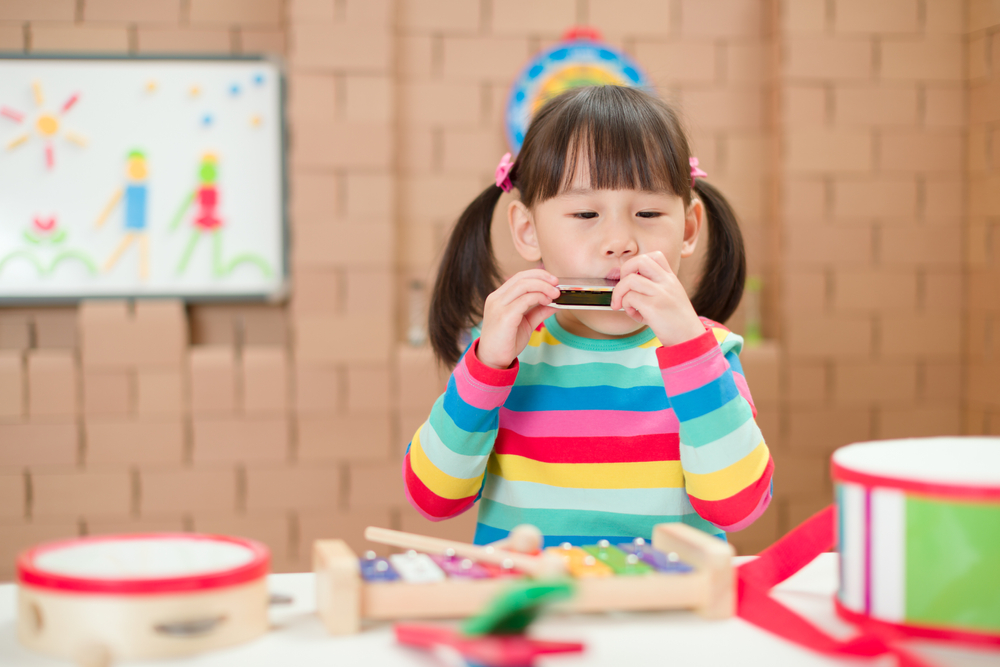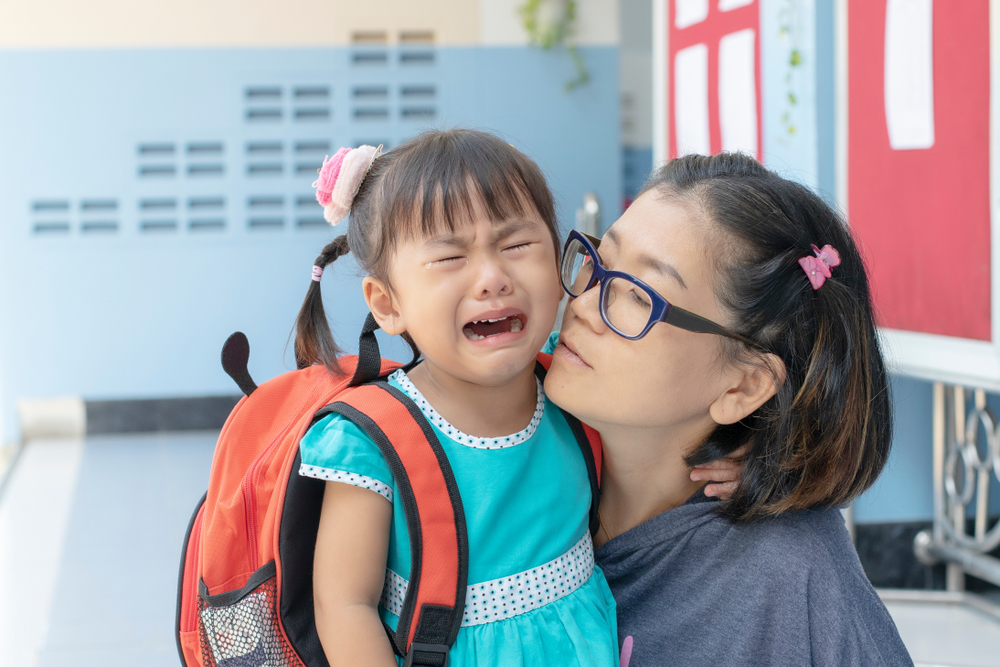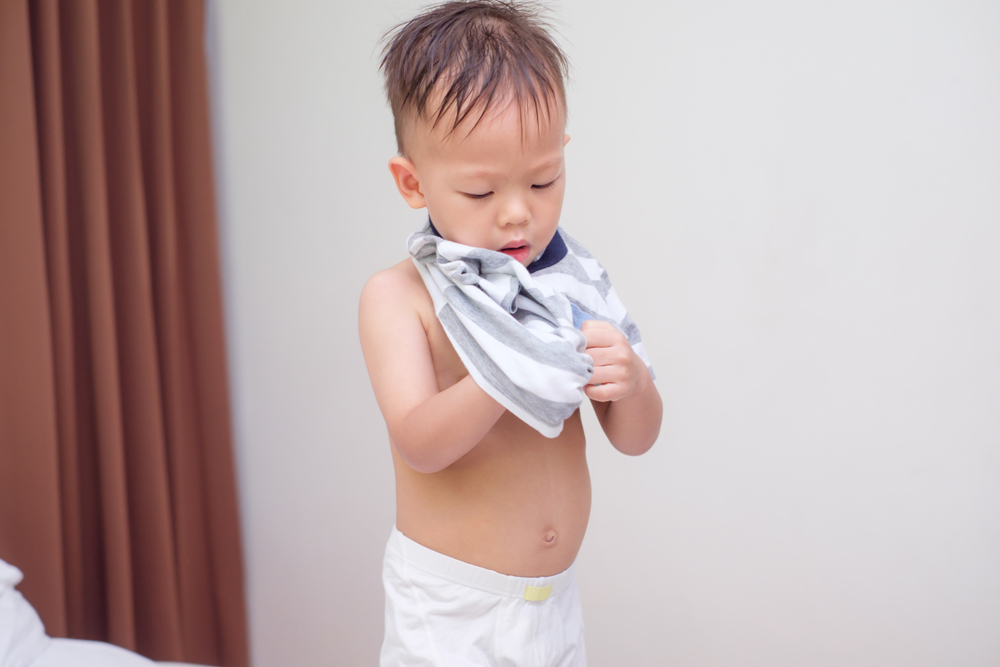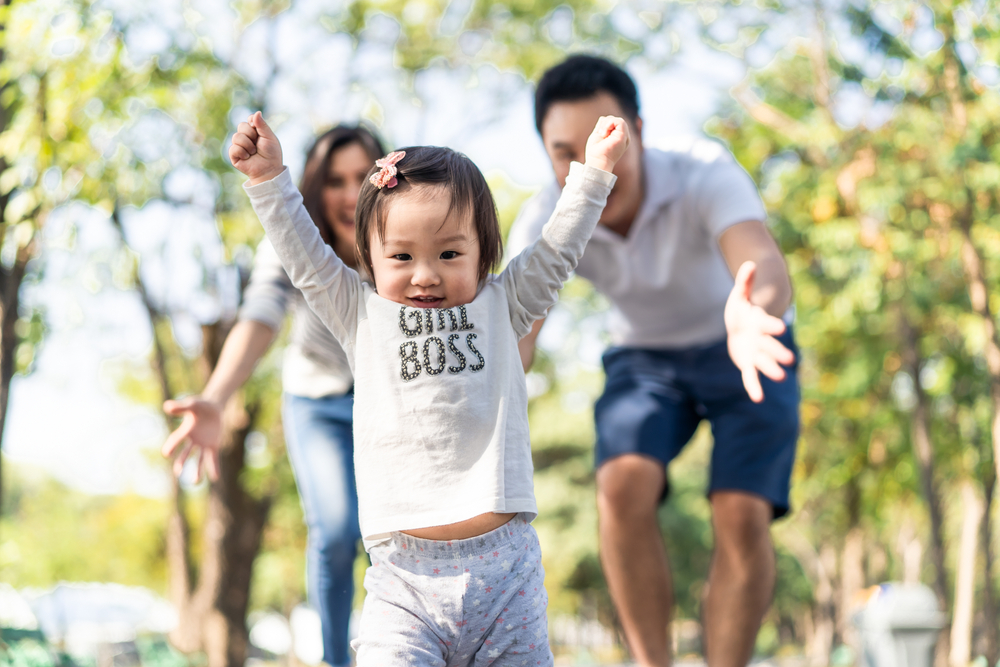Parenting Tips
September 2022

Written by: 遊戲治療師馮祉禧
I participated in a professional development exchange program for teachers in Taiwan earlier, and I was inspired by the emphasis on sports in Taiwan education, which I would like to share with parents. One of the schools on the exchange was the “Tiger Forest Elementary School”, a version of the Sports Institute Elementary School. As soon as we entered the school, the students welcomed us with a gymnastic exercise promoted by the government. They moved their hands and feet together to the beat and made all kinds of warm-up movements, which made people feel that they were as lively as the old tigers, and I was like entering a forest full of old tigers.
Sports can strengthen children’s learning ability
Principal Lau of Tiger Forest Primary School said the school is a government priority school, focusing on the physical development of students and believes that sports can strengthen their learning ability. Based on the research of John J. Ratey, MD, clinical assistant professor of psychiatry at Harvard Medical School, they promote a zero-hour exercise program. The program encourages students to be physically active at all times, i.e., Anytime. During recess, students run to the playground to play sports. They play dodgeball, climbing frames, or badminton, and all students enjoy every moment of exercise.
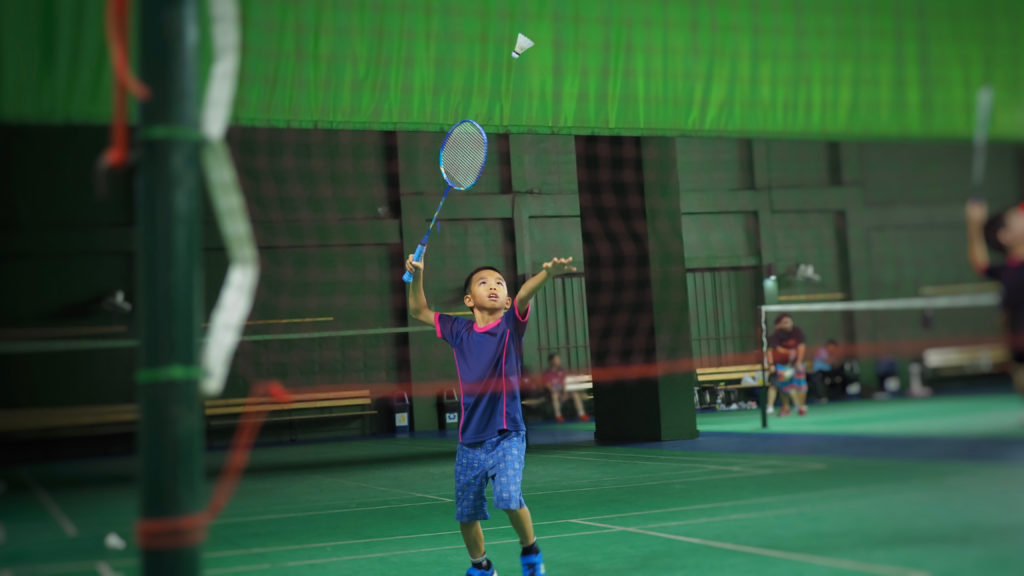
Benefits of Exercise to Strengthen Brain Function
Exercise is known to be physically stimulating, but in Ratey’s research, he points out more benefits of exercise for the brain. He describes the brain as a message processing center that transmits messages through different transmitters (chemicals) in different pathways. When exercising, the brain can effectively produce more transmitters and strengthen the pathways, allowing messages to travel faster and more accurately.
Applying the theory to learning, students use exercise to strengthen their brain function, which in turn improves their learning performance. Studies have shown that exercise improves students’ concentration and memory, both of which are necessary for successful learning. In addition, exercise enables the brain to produce Dopamine (a chemical that makes students feel happy), which makes learning more enjoyable and leads to better grades.
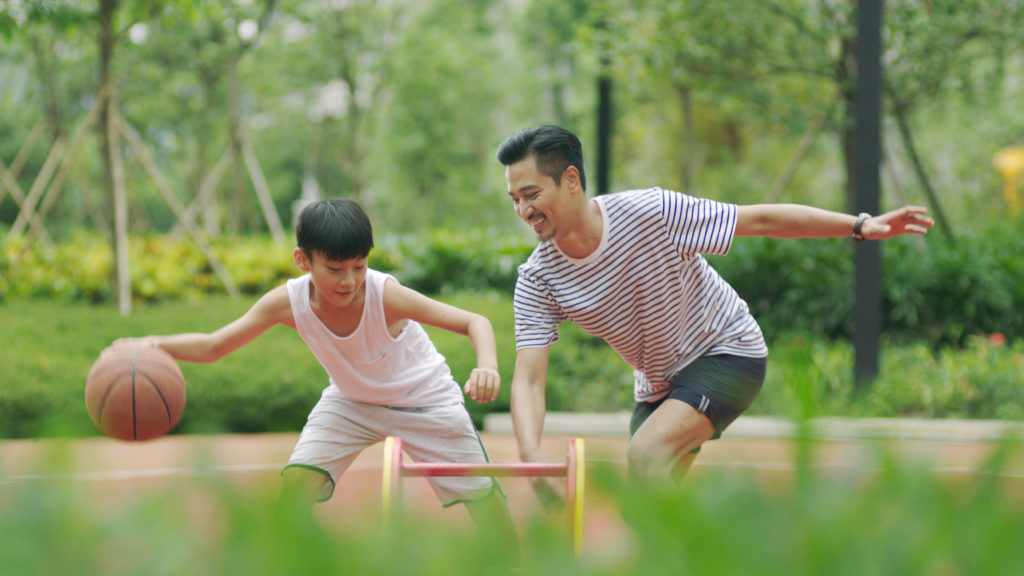
How can I get my child to love sports?
In order for children to enjoy the time and benefits of sports, parents need to get their children to love sports. Here are three suggestions:
Sporadic exercise
Give your child more opportunities to play sports, such as providing the right time, tools, and place, and make sure the environment is safe for parents.
Healthy exercise
Teach your child to do exercise for the love of health and mention the health benefits of exercise.Exercise together
Enjoy the moment of exercise with your child and enjoy the good time of parent-child relationship.




